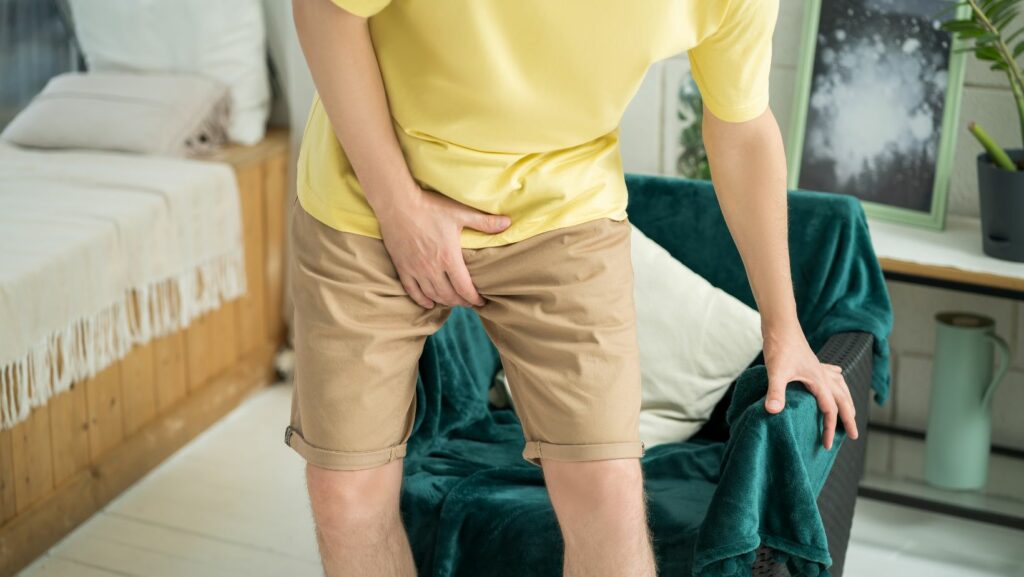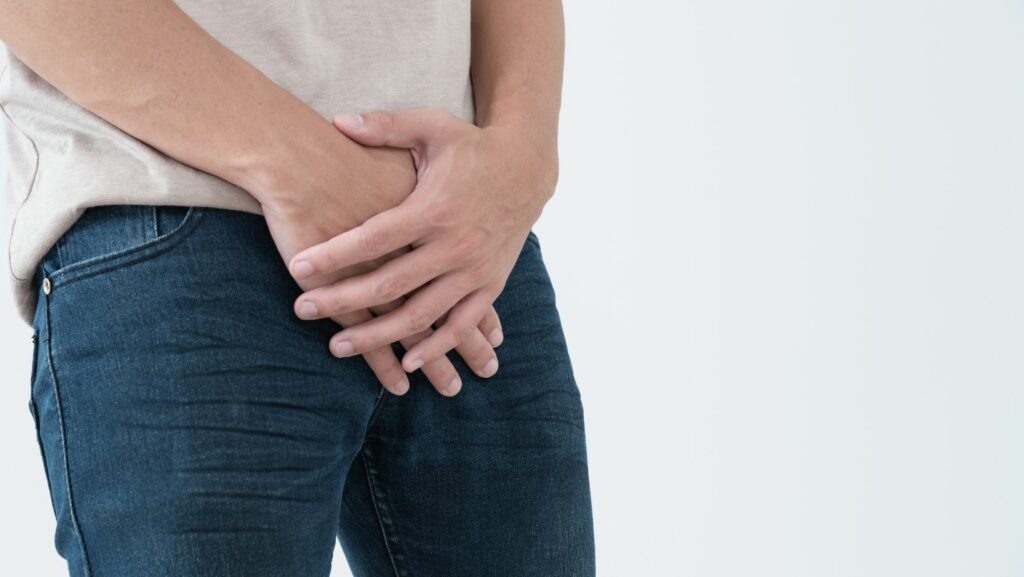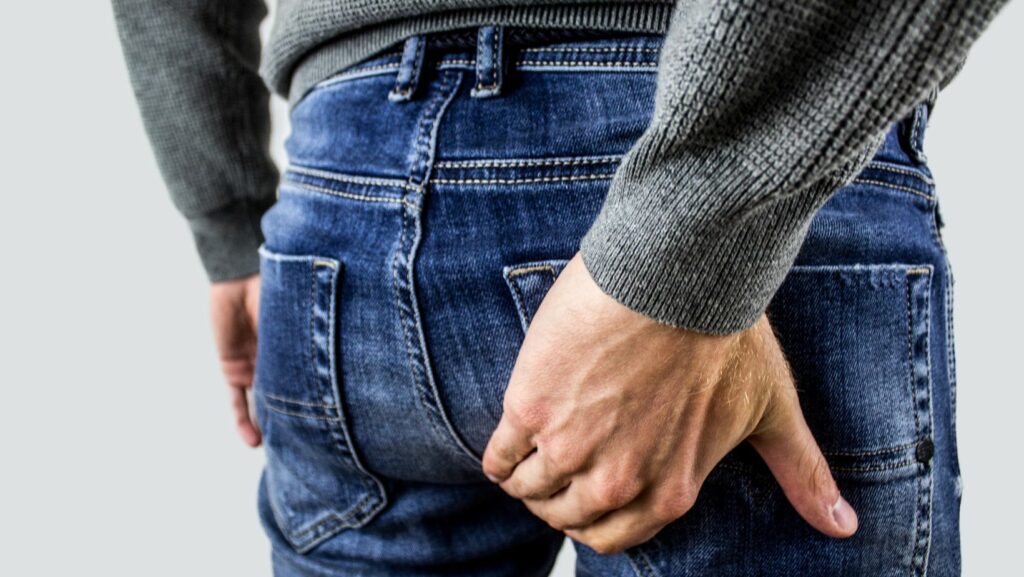Undergoing prostate enlargement surgery can be a significant decision influenced by various medical factors. If you or someone close to you is considering this step, it’s essential to understand what the process involves and how to best manage the recovery period.
Let’s walk through what you might expect from this surgery and some tips to aid your recovery.
What to Expect During Surgery
Prostate enlargement surgery, medically known as prostatectomy, aims to relieve symptoms of an enlarged prostate, which may include urinary troubles and other discomforts. The procedure typically requires hospitalisation and is performed under general anaesthesia.
The specifics of the surgery depend largely on the method used, but common techniques include making incisions to remove prostate tissue or using minimally invasive methods to reduce the size of the gland.
One such minimally invasive method is the urolift procedure, which involves lifting and holding the enlarged prostate tissue so it no longer blocks the urethra. It’s not only less invasive but also generally allows for a quicker recovery compared to more conventional surgeries.
During Your Hospital Stay
After the surgery, you’ll likely spend a few hours in a recovery room as the anaesthesia wears off. Healthcare professionals will monitor your vital signs, manage pain, and ensure that you’re hydrated.

Depending on the procedure’s extent and your body’s response, you might need to stay in the hospital for a few days. During this time, you will receive specific instructions on how to manage post-operative care at home.
Recovery at Home
Once home, the recovery period is crucial. Here are some tips to ensure a smooth and comfortable recovery:
- Rest is crucial: Give your body the time it needs to heal. Arrange your living space so that essentials are within easy reach, and you don’t have to climb stairs frequently.
- Manage pain and medication: Follow your doctor’s advice regarding pain management and any prescribed antibiotics. It’s important to take all medication as directed to prevent complications.
- Stay hydrated: Drinking plenty of fluids will help flush out the bladder and reduce the risk of urinary infections.
- Avoid strenuous activities: Lifting heavy objects or engaging in vigorous exercise can hinder your recovery. Light walks and gentle movements are beneficial, but always consult your doctor before increasing physical activity.
- Monitor your progress: Keep an eye out for any signs of infection or complications, such as fever, worsening pain, or issues with urination. Don’t hesitate to contact your healthcare provider if you’re concerned about your recovery.
Tips for a Healthier Recovery
Enhancing your overall health can also aid your recovery. Consider incorporating a balanced diet rich in vegetables, fruits, and whole grains to provide your body with the nutrients it needs to heal. Avoiding spicy foods, caffeine, and alcohol can also help manage your symptoms better.
Additionally, attending follow-up appointments with your urologist is vital. These visits allow your doctor to monitor your recovery and address any lingering or arising issues.
Reflections on Recovery
Every individual’s journey to recovery will be unique. While the prospect of surgery can be daunting, being well-informed and prepared can significantly ease the process. Remember, taking it one day at a time and adhering to medical advice is key to a successful recovery.

Undergoing prostate enlargement surgery is a considerable step towards improving your quality of life. With the right preparation and care, you can navigate this phase effectively, returning to your daily activities with greater ease and comfort.

